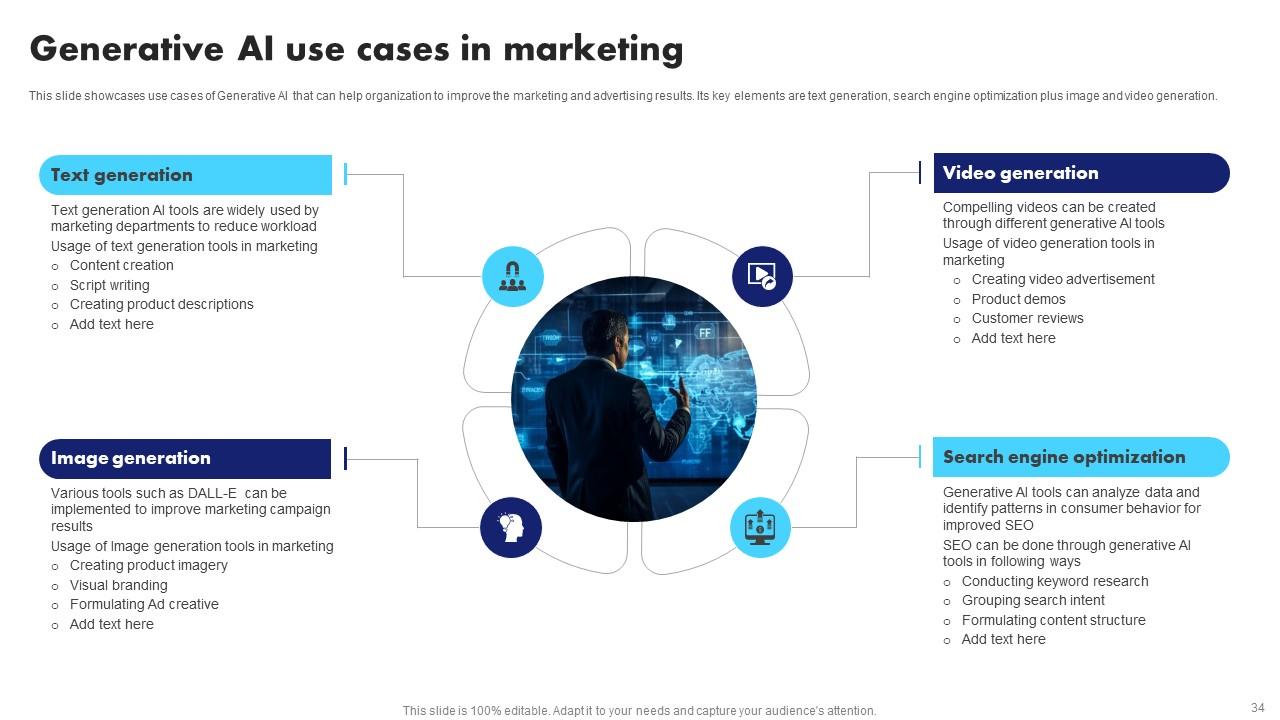Will the rise of AI search challenge Google's dominance? | Analysis ...
From SearchGPT to Perplexity, new AI-driven search engines are gaining ground and have the potential to change search behaviour. But will it be enough to disrupt Google’s stronghold on search and search advertising?
Just 'Google' it. The fact the word 'Google' has become a verb of its own tells you the extent to which the tech giant has dominated the search market over the past couple of decades.
Today, Google accounts for over 90% of the search market. However, following a recent historic antitrust ruling that found the tech major had illegally monopolised the online search market as well as the rise of AI-powered solutions such as SearchGPT and Perplexity that have the potential to disrupt consumers' search behaviour, Google's dominance could soon be challenged.
Google's Dominance and Threats
First launched in 1998, Google's domination of the search market is a result of not just the product but also the partnerships it has made over the years. Google Search is the default search engine on most browsers, including Safari. Now, in both these aspects, we see Google being threatened.
"The regulatory actions will definitely impact those partnerships that Google has created and will shrink the market share," says Roshat Adnani, managing director APAC at M&C Saatchi Performance. "However, a significant impact might happen because of the challenges faced at the product level. Open AI has changed consumer behaviour through ChatGPT, and SearchGPT might also have the potential to disrupt consumers' search behaviour. There will be more AI-powered solutions that will continue to threaten Google."
Although Google was found guilty of antitrust violations, the full implications of this landmark decision are yet to be declared. As Google has stated that it will appeal the verdict and it’s unclear what the enforced remedies will be, the impact will differ based on how severe the required steps are.

Whatever the outcome, some remain sceptical that the recent antitrust ruling will dramatically change the search landscape, at least in the short term.
"While the ruling may create some opportunities for competitors, I am not optimistic that they will develop a compelling enough alternative to significantly shift user preferences," says Andrew Desmond, senior paid media director at Jellyfish. "Even if they do, they won’t just be competing against Google’s search product, they’ll be battling user inertia, which is a much tougher challenge. Until Google is no longer the default—whether by user choice or due to changes in contractual agreements with their various partners—they will continue to dominate."
The Rise of AI Search
While Google may currently have a stronghold on the search market and search advertising, waiting in the wings is the steady rise of AI search. You only need to look at the speed at which OpenAI's ChatGPT became mainstream to understand its potential to disrupt the established order.
"Generative AI is revolutionising the search industry," says Jim Yu, founder and executive chair of BrightEdge. "The emergence of AI-driven search engines was the first step towards opening up the search landscape to new entrants with the potential to disrupt Google’s stronghold, and now the antitrust ruling can serve as an accelerator."

There is potential for newcomers like Perplexity and SearchGPT to break through to consumers.
"The growth of AI search is indeed exciting and could potentially compete with Google, especially if it can solve some of the challenges we face with Google's search engine," says Arun Kumar, director of activation and experience, APAC, Assembly. "For instance, SearchGPT aims to prioritise high-performing, relevant content over a cluttered environment of advertisements, snippets, and untrustworthy SEO-optimised or AI-generated content, to establish a new standard for search technology."
Yet, mindful of the competition in the AI search space, Google has already made moves to reinforce its position as search leader by launching AI Overviews. An advanced search facility powered by generative AI, it combines multi-step reasoning, planning and multimodality with Google's best-in-class search systems.
"But will AI Overviews be enough for Google to maintain its market leader position and steer off the competition?"

"We expect new entrants who are able to garner market share to co-exist with Google," says Yu. "In order to do so, other AI-native engines will need to offer a better product or differentiate for specific use-cases, which we are starting to see with the SearchGPT prototype."

In contrast to standard search engines that barrage you with links, SearchGPT provides straightforward, conversational responses supported by real-time data. The goal is to improve the speed, accuracy, and appeal of finding information. At the moment, SearchGPT is in the prototype stage and accessible to a select few testers.
Both SearchGPT and Perplexity have a greater opportunity to compete with Google in the search landscape, but that will likely come through integrations.
"For instance, I expect that few users will go directly to SearchGPT anytime soon, but utilising Copilot on Bing (powered by OpenAI) could grow the chatbot’s market share more quickly than a standalone product," says Eric Hoover, SEO director at Jellyfish.
Top news, insights and analysis every weekdaySign up for Campaign Bulletins




















